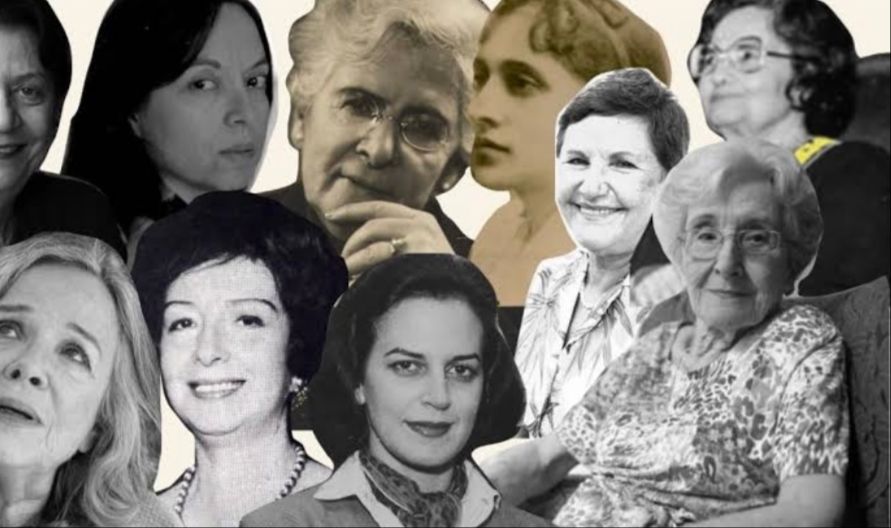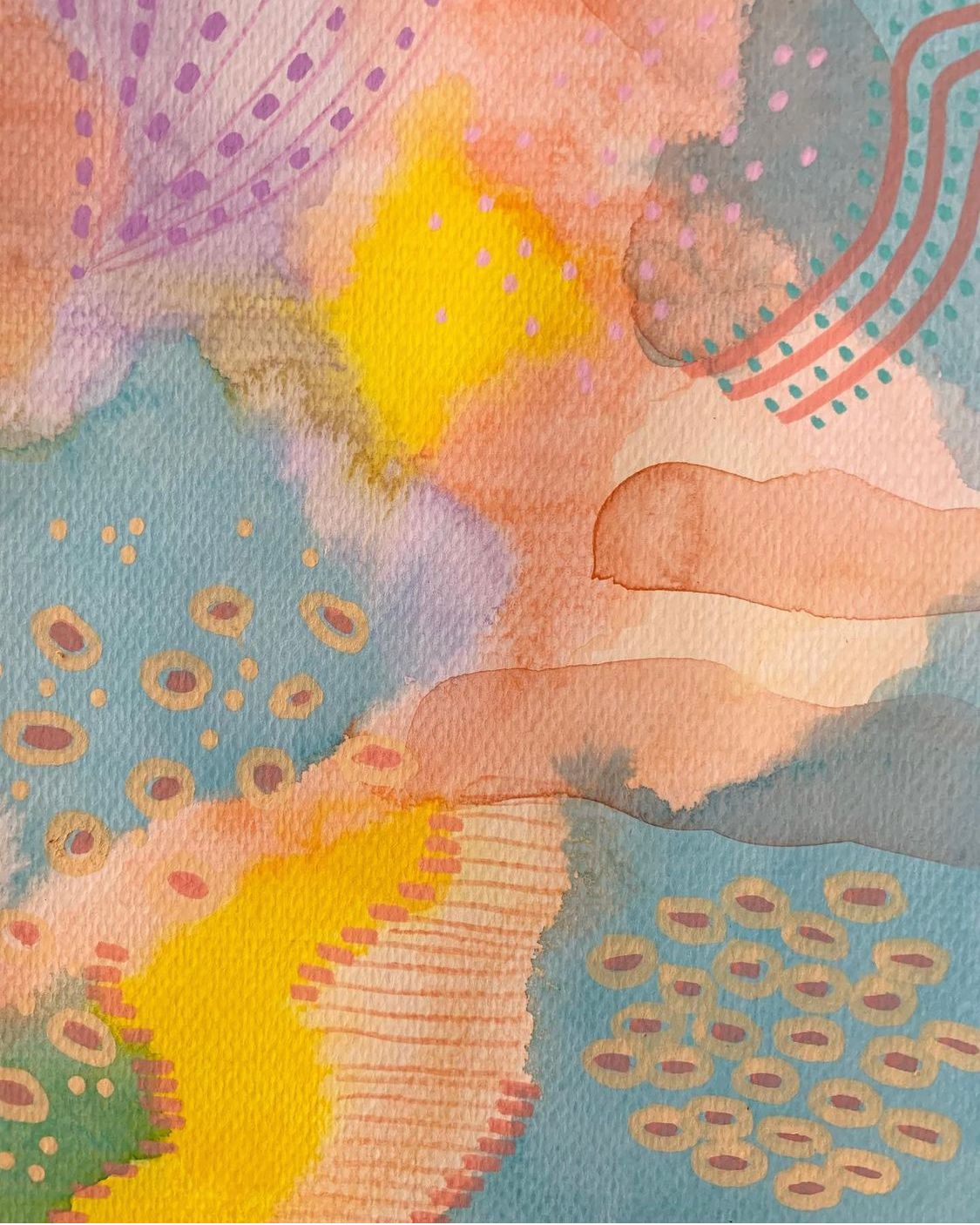About three years ago, on the occasion of Clarice Lispector's centenary, I wrote about my meeting with her, which took place about 16 years ago. I found it, more precisely, on two pages of Living water . In a psychoanalysis class, two photocopied pages swept me away, took me somewhere inside me that I didn't know existed. Two pages that inaugurated a lasting relationship with this woman with an enigmatic, mesmerizing look.
After that encounter, in Clarice I found salvation many, many times, a hand to cling to. Back then, if someone asked me why, I really wouldn't be able to say. Today, 16 years later, I may be groping to find out what is in this writing. And perhaps the most beautiful thing about this process of groping, of investigating, is meeting other women, holding hands with other women.
Among these women is Hélène Cixous, whose essay-manifesto, entitled Medusa's laughter , made a deep impact on me (I comment on him here ). Now, diving in The Hour of Clarice Lispector , which Cixous begins by telling precisely of his meeting with the writer, on October 12, 1978 (today, October 13. The proximity of the date cannot fail to be surprising). I transcribe below a passage that gives the dimension of Lispector's effect on Cixous:
A writing, with shimmering hands in the darkness, when I no longer dared to help myself, my writing so far away in pure solitude, so close to the parched stream of Cherith, no rain, no dew, came incessantly to ask me for forgiveness, I forgave her, I asked for forgiveness, no food, no crows. I no longer spoke, I feared my voice, I feared the voice of birds, and all the calls that look from the outside, and there is no outside, but only nothingness, and it goes out – a writing found me when I could not find myself (p. 10).
Cixous brings the image of a orange to talk about this meeting with Clarice, as well as about women's writing. An orange that is fruit but that also surpasses it, making me think of what Clarice touches with her writing, the it , the thing itself. As she states in the interview with Marina Colasanti, Affonso Romano de Sant'Anna and João Salgueiro, "I don't write as a catharsis, to let off steam. That's what friends are for. I want the thing itself."

The orange seems to have a deep relationship with writing itself, however, it is not reduced to it. It is a sphere that condenses "the signs of life in its tiny beginnings", "the birth of life with the most delicate care" – expressions that Cixous presents in the very first part of his text, entitled "Living the orange". In The discovery of the world , by Clarice, we find the brief thought below, which perhaps gives us clues to everything that the orange Represents:
LOVE OF THE LAND
Orange on the table. Blessed tree that gave birth to you.
Earth, tree, fruit, signs of life, birth of life... Orange is feminine. The orange is immensity. Cixous says that, before his meeting with Clarice, he was just distant from the orange, separated from the orange:
(...) My hand no longer had the good knowledge, the goodness of the orange, the fullness of the fruit, my writing, was separated from the orange, I did not write the orange, I did not go to it, I did not call it, I did not bring its juice to my lips (pp. 11-12).
It is Clarice's writing that promotes a (re)encounter of Hélène with her own writing, with the orange:
She put the orange back in the deserted hands of my writing, and with her orange accent rubbed the eyes of my writing, which were dry and covered with a white stain of paper. And it was like a childhood that would run back to pick up the live orange and immediately celebrate it. Because our childhoods have the natural science of the orange (p. 12).
To women, Hélène dedicates the existence of the orange, which was given to her by a woman. "And to all the women for whom the need to reflect the fruit is a life mission, I dedicate the juicy fruits of meditation. Thus, to all women then (p. 14)".
I transcribe these passages, still from the beginning of her book, to also show that Cixous herself performs a poetic writing, a poem in prose, that is, that her writing is on the same ground as Clarice's. Both blur the boundaries between genres, they do not allow themselves to be limited by just one. After all, could women's writing, in all its power, fit within the limits of a closed genre?
It is then that I return to the my meeting with Clarice, now aided by what Hélène elaborated about her own meeting with the writer. I still can't put into exact, organized, cohesive words what writing Clariceana promotes in me. As I said, I'm still groping, but I can say that there's something orange , something to touch the orange , to hold it in his hands. After all, to write about women's writing, to write about Clarice's writing, is to write about the impossible. It takes courage to take the plunge.






